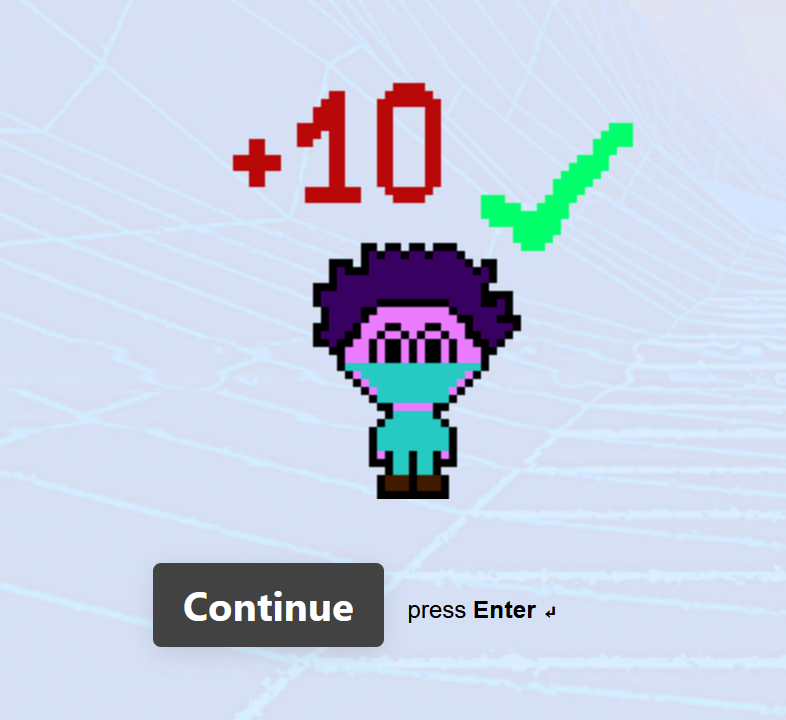University of Waterloo student creates trivia game to combat COVID-19 misinformation

In an effort to combat COVID-19 misinformation, Ridhi Patel, a third-year science major at the University of Waterloo, created a video game called Quarantrivia.
This educational game was made with the intention of dispelling myths and misconceptions about the virus.
“It’s a game that I’ve developed as a side project, essentially in my own time in collaboration with Dr. Nissimov and the faculty of science at University of Waterloo, and it was developed as a resource or tool that people who are seeking the right information about COVID-19 can use,” Patel said.
Taking place in the fictional “Pixelworld,” players work to answer trivia questions about COVID-19, with the ultimate goal of helping “Dr. Pixel” remove a newfound viral particle.
“Our job was to kind of clear the misconceptions away for them through this tool,” Patel said.
With three rounds of 15 questions each, every correct answer earns the player ten points. Answering more than three questions wrong will prevent the player from advancing to the next round.
Patel says that the uncertainty and misconceptions surrounding the COVID-19 pandemic can have devastating effects.
“Even a small action, like [if] you’re not wearing a mask or not socially distancing correctly, can have a really big impact on someone else’s life. They can end up with the disease, with COVID-19, and possibly put themselves and a lot of others around them in danger.”
While the game was originally intended for a younger audience, it has become a resource for people of all age groups to educate themselves on the virus.
“So, I was thinking it would be a good resource for younger kids to learn from, before I decided to combat misinformation with it. I essentially thought of it being a game for the younger audience, but I think a game in itself can be a very captivating and engaging way to learn,” Patel said.
“Things like Candy Crush and other things have also proved otherwise that older audiences can also be really engaged into games and really do like to spend time on games on their devices.”
When she first began brainstorming for the game, Patel had planned for someone else to do the coding while she created the graphics.
“Because that didn’t end up happening and because I had to learn how to do it halfway through the process, I actually ended up using other resources at my disposal,” Patel said.
She was ultimately able to develop the game herself, with the help of various startup companies who were offering help.
“So, startups or companies who were offering help due to the pandemic, I ended up using their help and their resources to create this game,” she added.
To make sure her information was credible, Patel reached out to Professor Jozef Nissimov, environmental microbiologist and aquatic viral ecologist at the University of Waterloo.
“He was basically making sure that all the content in the game is correct and up to date with all the current guidelines. His area of research also focuses in on virology, so he helped ensure that all the facts that we were covering around the game were relevant to the pandemic and they were going to be helpful as well.”
As the pandemic develops and new information begins to emerge, Patel will be updating and developing the game accordingly.
The game has new additions as well, such as “Quarantrivia New World: Phase 3” and “Bonus Round: Myth vs. Reality.”
“We are going to keep continuing working on it and keeping it updated with all the guidelines. So there will definitely be newer versions coming out and it won’t be outdated anytime soon.”


